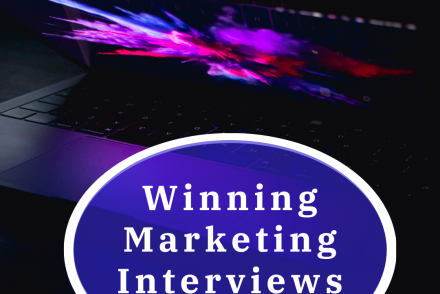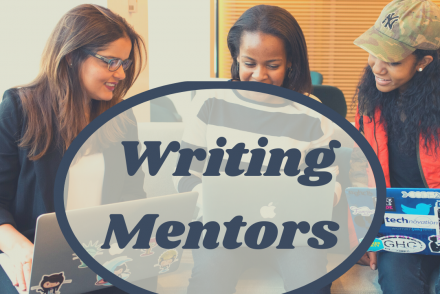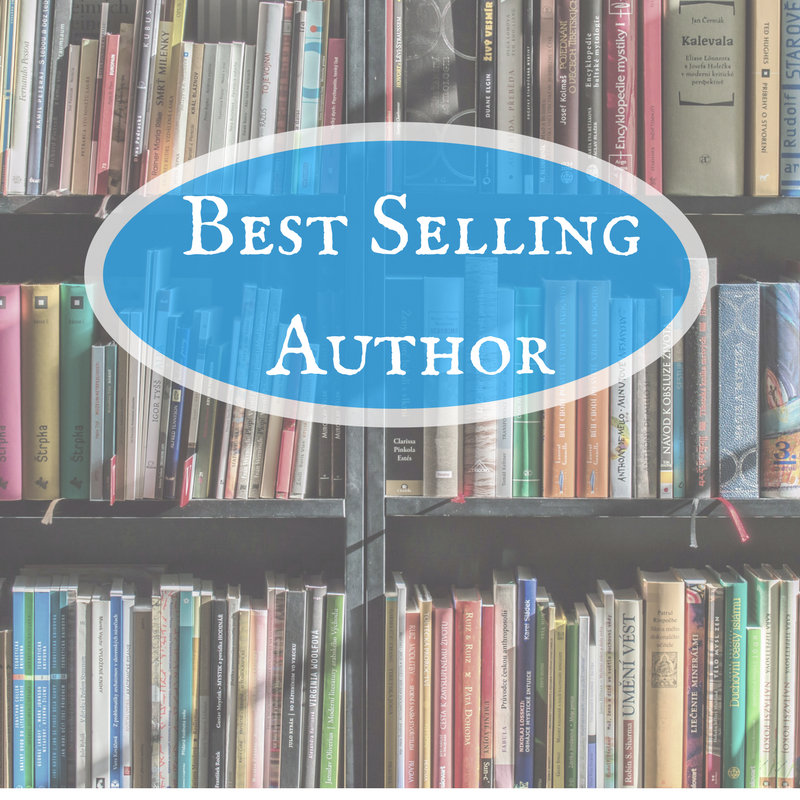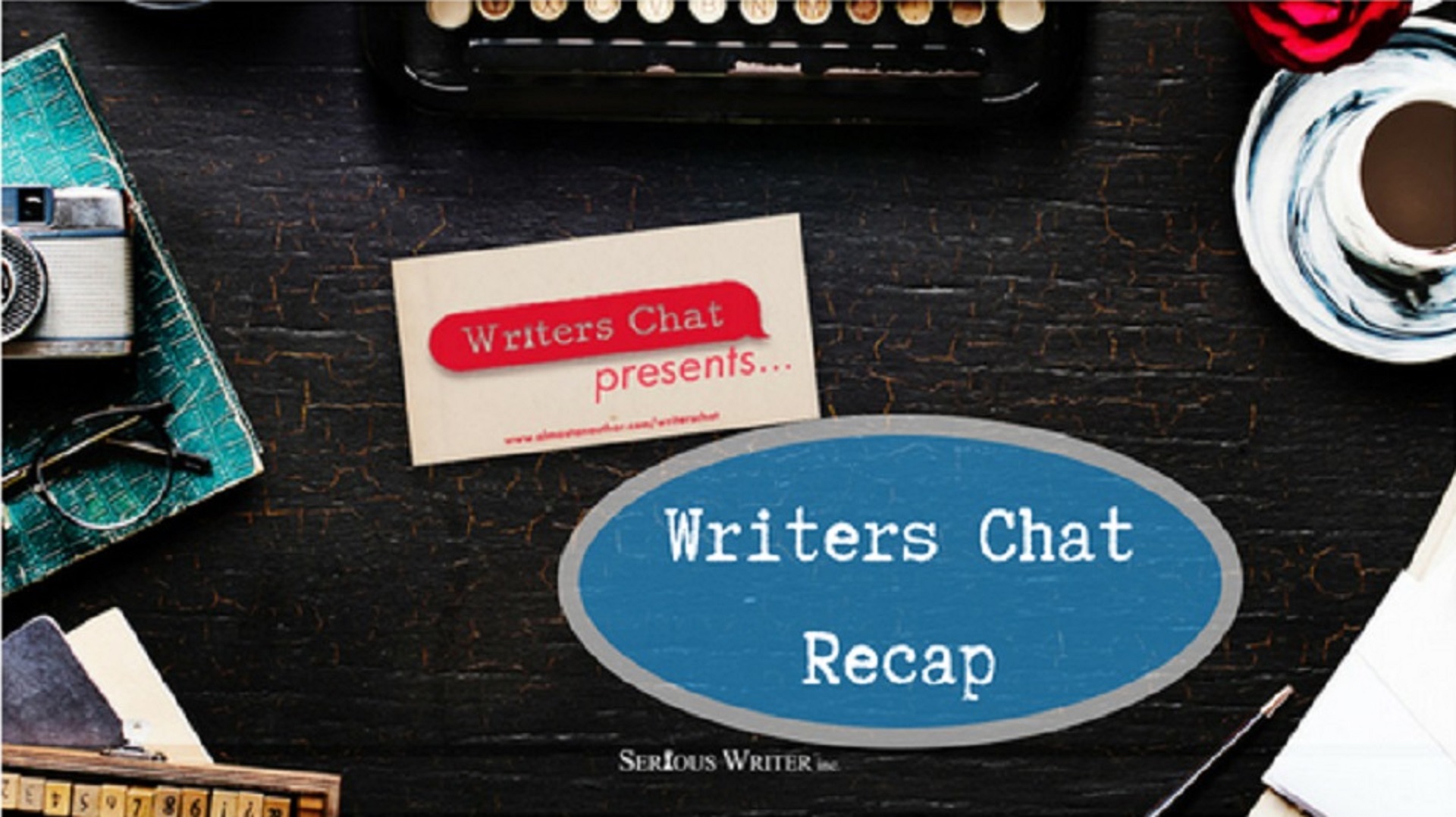
Writers Chat Recap for October Part 2
Writers Chat, hosted by Jean Wise, Johnnie Alexander, and Brandy Brow, is the show where we talk about all…
November 1, 2022
Writers Chat, hosted by Jean Wise, Johnnie Alexander, and Brandy Brow, is the show where we talk about all…
November 1, 2022
How to Deliver the Lead Magnet for Your Upcoming Interview This is the second in a two-part series. Part…
November 12, 2021
The Christian Authors Network’s innovative Crown Awards celebrate excellence in Christian Media and Marketing. Purpose: To recognize, educate, and…
September 26, 2021
Why do you write? I was pegged an expressive analytic in a personality test I took through my company.…
May 22, 2021
Can you share a little about your recent book? The Cottage on Lighthouse Lane, Kensington Books, April 2021 Sometimes…
April 13, 2021
As a writer, a teacher, and a SCBWI regional advisor, Kiri Jorgensen has observed an evolution in children’s publishing…
November 16, 2020
Why do you write? I can’t imagine a life NOT writing. OR it’s those nasty voices in my head…
October 12, 2020
Can you share a little about your recent book? Leadership with a Servant’s Heart is about being a servant…
September 1, 2020
The first thing a beginning writers often hear is “write what you know.” Good advice! But once you have…
August 14, 2020
I’ve always loved books about far flung places. It’s a wonderful way to expand horizons. I decided to talk…
March 27, 2020
Tari Faris’s debut novel, You Belong With Me, is a multi-layered contemporary romance that brought tears to my eyes and…
January 26, 2020
Writers Chat, hosted by Jean Wise, Johnnie Alexander, and Bethany Jett, is the show where we talk about all…
November 30, 2019
Readers love stories about people. Because readers love stories about people, newspapers, magazines, online publications, and websites love stories…
November 14, 2019
Sometimes writers have a hard time sticking to one genre. I’d thought I see what Judy Christie had to…
October 27, 2019
When I interviewed Dr. Gary Chapman, author of The 5 Love Languages and a bazillion other books, I prayed…
July 14, 2019
One of the greatest tool we have as article writers is the interview. You do not necessarily have to…
June 14, 2019
Since we’re on the eve of Memorial Day Weekend, it only seems fitting to highlight Rick Barry’s WWII novels,…
May 30, 2018
Join Johnnie Alexander as she chats with Hannah Conway and Jolina Petersheim on Novelists Unwind. Introducing Hannah Conway Hannah…
April 26, 2018